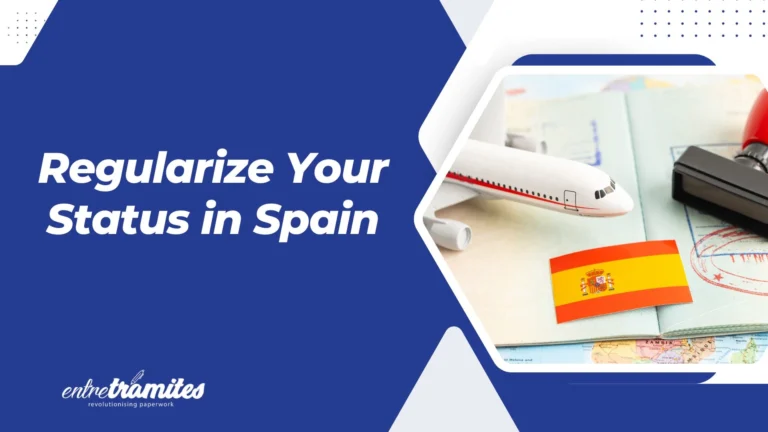The residence and work authorization for researchers is a specific permit designed to attract scientific and academic talent to Spain. Unlike conventional work permits, this visa streamlines the entry and stay of highly qualified professionals participating in research or development projects.
This special regime offers a number of advantages that speed up the process and promote the international mobility of researchers. In this article, we explain the requirements, the application process, and the key benefits of obtaining a Spain Research Visa.
What is the Researcher Residence Permit?
This authorization falls under the Entrepreneur’s Law (Ley de Emprendedores, Law 14/2013), whose primary goal is to boost the Spanish economy by attracting investment and high-level talent. The Spain Research Visa is aimed at non-EU citizens who relocate to Spain to carry out research or teaching activities at a public or private institution, such as universities, research centers, or R&D companies.
Technical Terminology: This permit is also known as the Research Residence Permit (Autorización de residencia para investigadores).
Main Characteristics of this Permit:
- Scope: It applies to researchers, scientists, university professors, technicians, and other qualified personnel involved in research projects.
- Fast-Track Process: The procedure is significantly faster than ordinary work authorizations, with shorter resolution times.
- Mobility & Family: It allows the researcher and their immediate family members (spouse, common-law partner, and children under 18) to reside and work in Spain, greatly simplifying family reunification.
Requirements for the Spain Research Visa
To apply for the residence and work authorization for researchers, you must meet the following requirements, which are generally less burdensome than those for other residence types:
- Admission by a Research Center: The fundamental requirement is that the researcher has been admitted by a public or private research entity in Spain to carry out a project. The host center must be registered in the Registry of Research, Development, and Innovation Centers (RDID).
- Hosting Agreement (Convenio de Acogida): The research entity must sign a formal “hosting agreement” with the researcher, specifying the project’s conditions, duration, salary, and corresponding insurance coverage. This document forms the basis of the application.
- Professional Qualification: The researcher must possess the necessary academic qualification or professional experience required for the project.
- Financial Means: Proof of sufficient economic means to support themselves during the stay, which is primarily accredited through the hosting agreement guaranteeing a salary.
- Criminal Records: No criminal records in Spain or in the previous countries of residence.
- Health Insurance: Must hold public or private health insurance that covers all benefits provided by the Spanish Social Security system.
Application Process and Key Benefits
The application process for the Spain Research Visa is notably streamlined, being managed by the Unit for Large Companies and Strategic Collectives (UGE-CE) or the local Oficina de Extranjería.
Application Steps:
- Initial Application: The research center in Spain submits the residence authorization application to the UGE-CE or the Oficina de Extranjería.
- Resolution: The UGE-CE or the Oficina de Extranjería must resolve the application within a maximum of 20 working days. If there is no response within this period, the application is deemed granted by positive administrative silence (silencio administrativo positivo).
- Visa (If Abroad): Once the authorization is approved, if the researcher is outside Spain, they must apply for the visa at the Spanish Consulate or Embassy in their country. The visa is typically issued within 10 working days.
- TIE (In Spain): Once in Spain, the researcher and their family members must process the issuance of the Foreigner Identity Card (TIE) within one month.
Core Benefits of this Authorization:
- Rapid Processing: The speed of the process (20 working days maximum) is the main advantage.
- Family Reunification: The researcher’s family (spouse, partner, and children) obtain a joint residence and work authorization, greatly simplifying family life.
- Exemption from National Employment Situation: There is no need to demonstrate that a Spanish or EU worker is unavailable for the position.
- Mobility: The researcher can generally change research centers within Spain without needing to process a completely new authorization.
The residence and work authorization for researchers is a strategic tool used by Spain to position itself as a center of excellence in R&D. Its fast processing and robust family benefits make it a highly attractive option for the global scientific community.
If you need personalized assistance, at Entre Trámites we offer management and advisory services on immigration matters. You can contact us through this contact form for us to call you, or if you prefer, you can schedule a free consultation or write to us on WhatsApp.





